What will Twitter’s $44 billion purchase do to theological discourse?
This article originally appeared on April 27, 2022 at Baptist News Global.
Imagine if the online theological discourse that led to the rise of Donald Trump and the conservative determination to use political power and misinformation to push their agenda on others was owned by a man rich and powerful enough to buy and control it for $44 billion.
That is essentially what has happened this week as Elon Musk announced a deal to purchase Twiter and take the public company private, provoking much uncertainty on social media about how his purchase might affect how we talk about what matters most to us.
Amazon founder Jeff Bezos tweeted, “Did the Chinese government just gain a bit of leverage over the town square? My own answer to this question is probably not.”
Andrew Tarantola of Engadget speculated: “I dread the effects this sale will have, not just for Twitter itself, but the internet writ large. The destabilizing effects social media amplification has on societal and democratic norms have been well studied since the 2016 elections. What is not yet fully understood is what happens when we hand control over that mechanism to the world’s wealthiest contrarian.”
Bloomberg reported: “Twitter Inc. locked down changes to its social networking platform through Friday after accepting a $44 billion bid from billionaire Elon Musk, making it harder for employees to make unauthorized changes, according to people familiar with the matter. For now, Twitter won’t allow product updates unless they’re business-critical, said the people, who asked not to be identified because the situation is private.”

Elon Musk (Photo by Saul Martinez/Getty Images)
But despite the uncertainty among leaders and analysts in the tech world, the acclaimed TheoBro and former president of the Council on Biblical Manhood and Womanhood, Owen Strachan, confidently declared, “And just like that, with Elon Musk buying Twitter, free speech in the West is preserved. Common grace FTW.”
Why would the TheoBros brand Musk’s $44 billion purchase of Twitter as the West being won by common grace? And how might this play itself out in theological discourse moving forward?
The role of Twitter in theological discourse
Even before this week’s sale announcement, Twitter has played an outsized role in the often-contentious world of modern theological conversation. Scholars and pastors and nonprofit leaders — both progressives and conservatives — often pontificate and argue with each other on Twitter.
While the average person in the pew may not be following theology according to Twitter, some professional Christians spend hours a day on the platform. This mirrors the rest of America, where the majority of people do not use Twitter, but journalists, politicians and prominent social influencers use it heavily.
Twitter has a relatively small share of the social media market, with just 217 million active, monetizable daily users in 2021, compared to billions with Meta. Thus CNN’s Brian Fung asks: “So why, exactly, do the stakes feel so big? The answer boils down to the outsized influence of Twitter on public discourse, and the uncertainty of what happens when the world’s richest man — who revels in his unpredictability — gains singular control over that influence.”
Here are some examples of how this works:

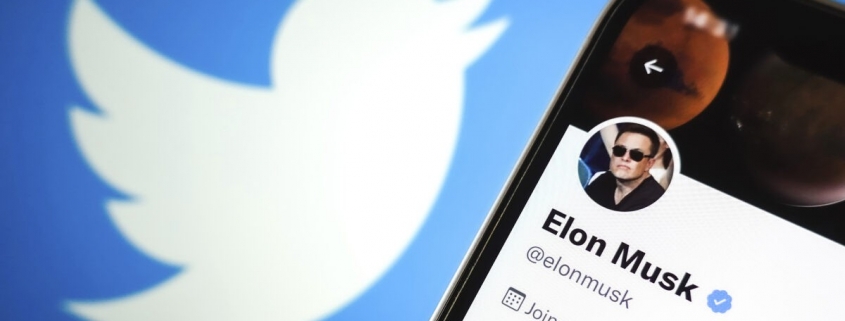

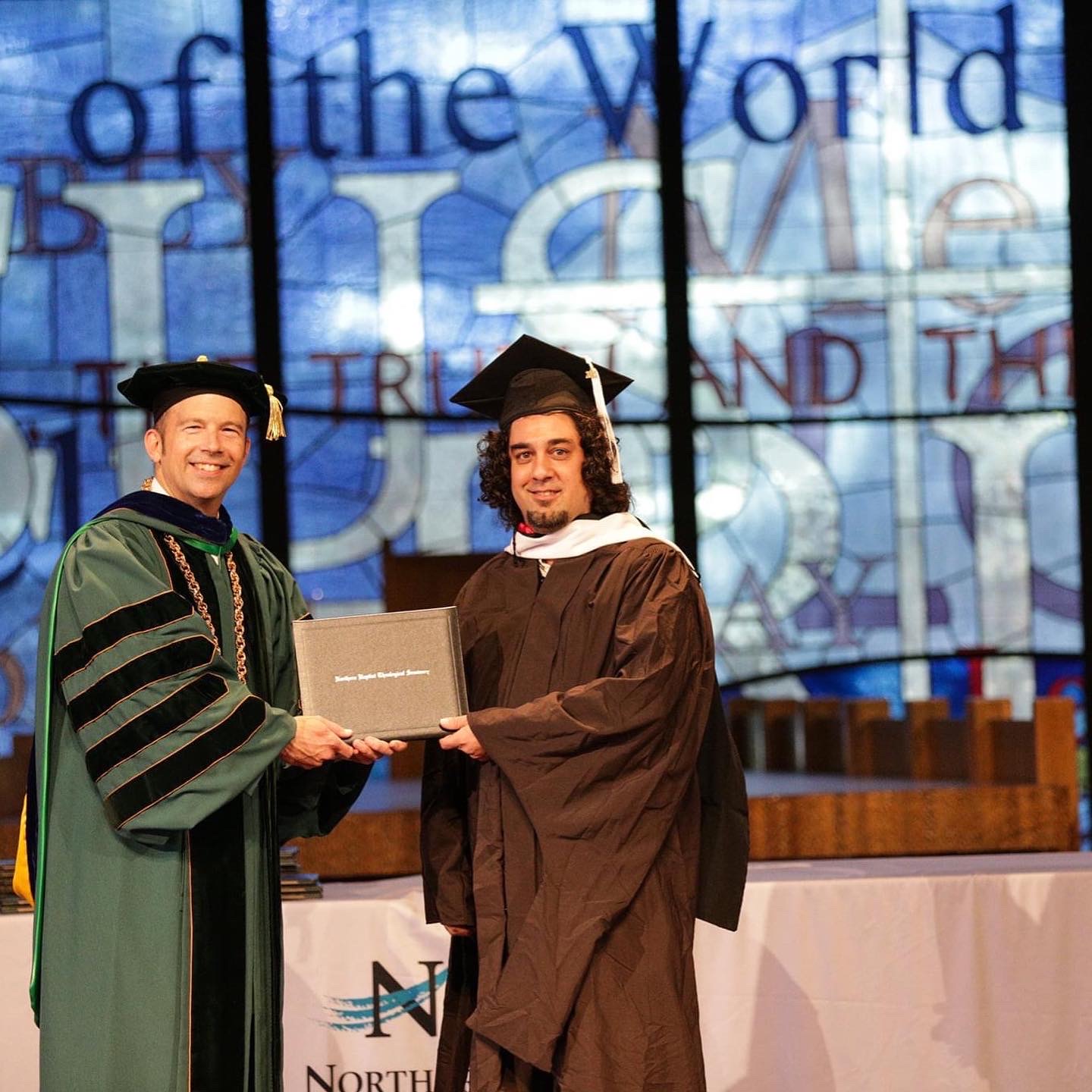
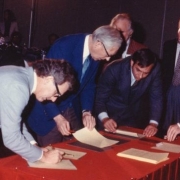
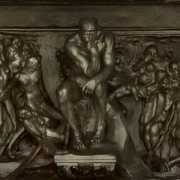

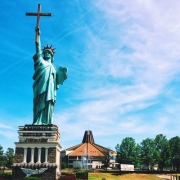

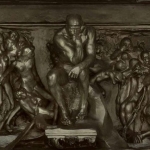
Leave a Reply
Want to join the discussion?Feel free to contribute!